MercoPress. South Atlantic News Agency
Economy
-
Thursday, October 21st 2010 - 07:19 UTC
With frozen income BBC has to fund World Service and Welsh language TV

The TV licence fee, which funds Britain’s BBC, is to be frozen for six years at £145.50, the Chancellor has confirmed. The BBC will also take over the cost of the Foreign Office-funded World Service, BBC Monitoring and some of the costs of Welsh language TV channel S4C.
-
Thursday, October 21st 2010 - 07:11 UTC
UK unveils biggest spending cuts in decades; half a million public jobs to go
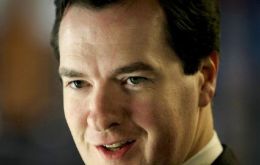
Chancellor George Osborne has unveiled the biggest UK spending cuts for decades, with welfare, councils and police budgets all hit. The pension age will rise sooner than expected, some incapacity benefits will be time limited and other money clawed back through changes to tax credits and housing benefit.
-
Wednesday, October 20th 2010 - 22:58 UTC
Argentina to declare wine “a national drink” helping promote the industry

Argentina will soon declare wine “a national drink” given its growing quality production and long rooted consumption dating back to the time of the colony several centuries ago.
-
Wednesday, October 20th 2010 - 22:46 UTC
Uruguay and Switzerland sign a Double Taxation Agreement

The governments of Uruguay and Switzerland agreed a Double Taxation Agreement (DTA) on October 18. The document was signed by the Uruguay’s Economy Minister, Fernando Lorenzo, and his Swiss counterpart, Hans-Rudolf Merz.
-
Wednesday, October 20th 2010 - 03:14 UTC
Strong recovery in Latin America but eye on overheating warns IMF
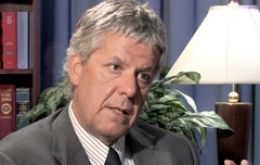
With many Latin American and Caribbean economies recovering faster than anticipated, the challenge for policymakers is ensuring a moderation in domestic demand to avoid overheating, the IMF said.
-
Wednesday, October 20th 2010 - 03:06 UTC
US Treasury launches fourth sale of Citigroup common stock
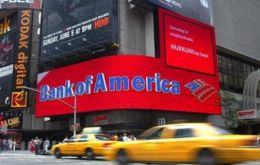
The US Treasury Department said it has launched a fourth sale of 1.5 billion shares of Citigroup Inc common stock under a prearranged trading plan.
-
Wednesday, October 20th 2010 - 03:02 UTC
Fiat plans to invest 6 billion USD by 2015 in Brazil to boost production
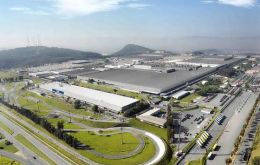
Italy's Fiat will invest 10 billion Reais (USD 6 billion) in Brazil by 2015 in operations that include production of cars, auto parts and agricultural machinery.
-
Wednesday, October 20th 2010 - 02:58 UTC
Lehman bankruptcy proceedings expenses crossed the billion US dollars
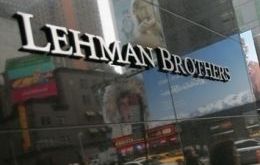
Expenses related to the bankruptcy proceedings of Lehman Brothers Holdings, whose collapse worsened the financial meltdown in 2008, has crossed the 1 billion US dollar mark.
-
Wednesday, October 20th 2010 - 01:12 UTC
Indian commerce chambers underline Mercosur business opportunities

The potential for expanding trade and investments with Mercosur was underlined by the Federation of Indian Chambers of Commerce and Industry, Fecci, following on last month’s visit to the region by a delegation of Indian business people.
-
Wednesday, October 20th 2010 - 01:04 UTC
In a surprise move China raises interest rate for the first time since 2007

China has raised interest rates for the first time since 2007, as it tries to rein in inflation and dampen its red-hot real estate market. The People's Bank of China said it will raise its one-year lending rate to 5.6% from 5.31% and its one-year deposit rate to 2.5% from 2.25%.
